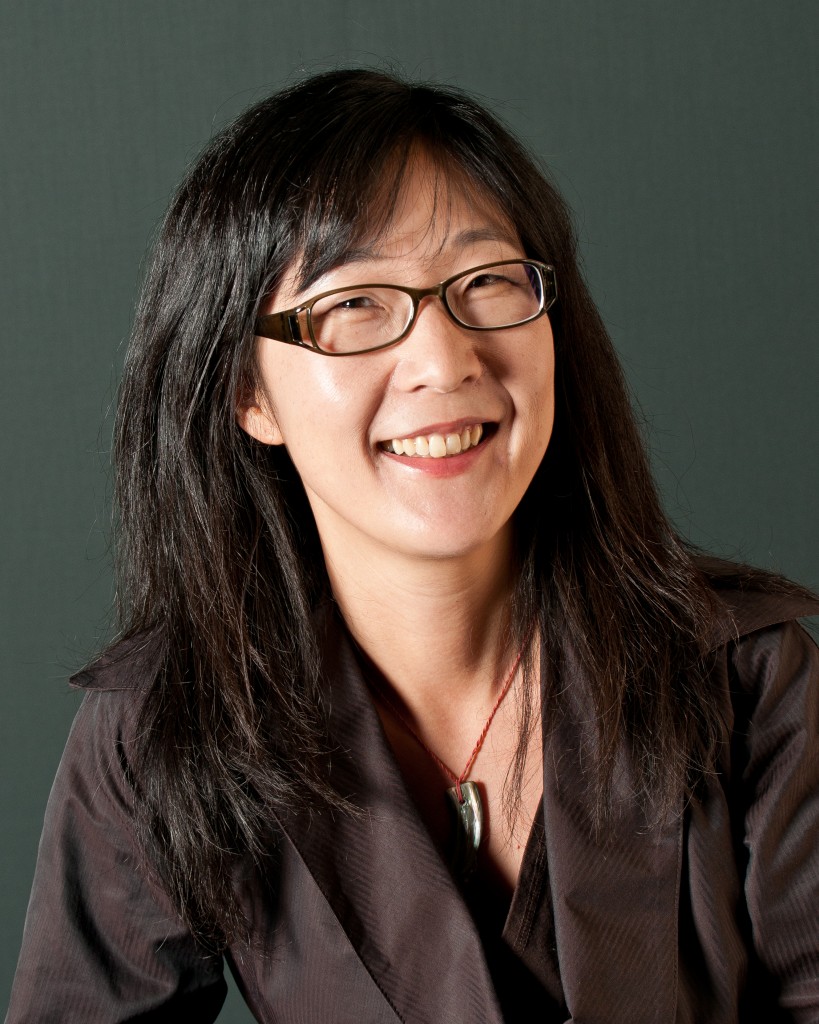Plant biologist Seung Yon (Sue) Rhee was among the first people to submit their registration for The Allied Genetics Conference (TAGC). As part of our efforts to introduce you to members of our community, meet Dr. Rhee.

Seung Yon (Sue) Rhee, PhD
Staff Scientist
Department of Plant Biology
Carnegie Institution for Science
Stanford, CA
Lab website
Lab Twitter: @SueRhee2
Why are you excited to participate in TAGC?
I’m interested in applying genetic tools and concepts to organisms where genetics is not tractable. My current pet organism is duckweeds, a small family of tiny aquatic flowering plants that have traveled backwards in evolution by losing most of the complexities of flowering plants, including sexual reproduction. I want to learn from the best in genetics. As a meeting that brings various model organism, population, evolutionary, and quantitative geneticists together, TAGC seemed like the perfect venue for me to absorb the latest in genetics.
What is the importance of societies like GSA?
When I was trying to bring together model organism database curators to share their experiences more than 10 years ago, [former GSA President and current GENETICS Editor-in-Chief] Mark Johnston and GSA were very supportive of my effort and were instrumental in setting up the first international biocurators conference. This group of curators has gone on to establish a society of biocuration and is holding the 9th international conference this year.
How did you get to where you are now?
I started with biochemistry and plant physiology, then learned genetics and molecular biology, then got into bioinformatics and computational biology (I served as founding director of The Arabidopsis Information Resource, TAIR), then became a student of evolutionary and quantitative genetics. In the last 10 years, my group has been focused on understanding the organization, function, and evolution of metabolic networks in plants. Going forward, I am interested in learning about ecology, especially chemical ecology of plants and microbes.
We look forward to seeing you at TAGC this summer in Orlando! Remember that abstract submission and early registration close on March 23, 2016.































